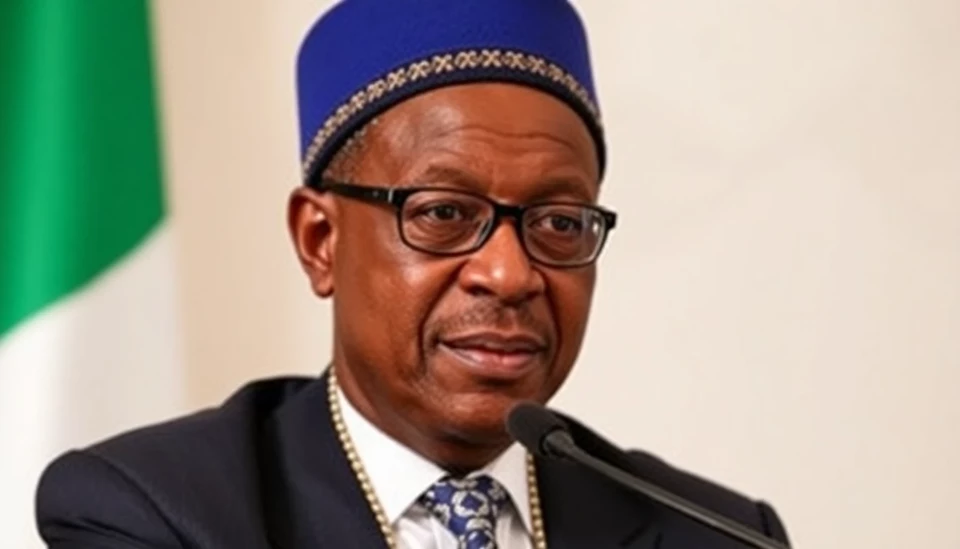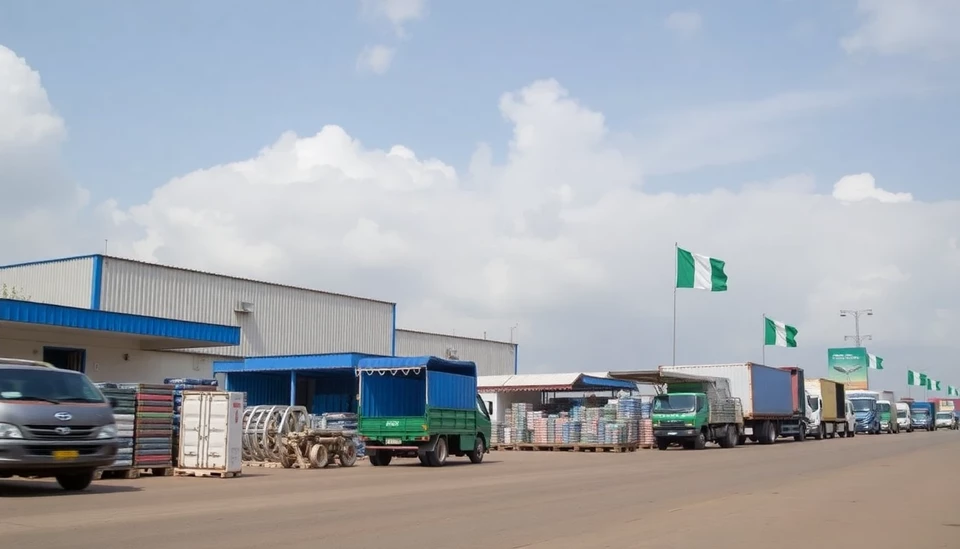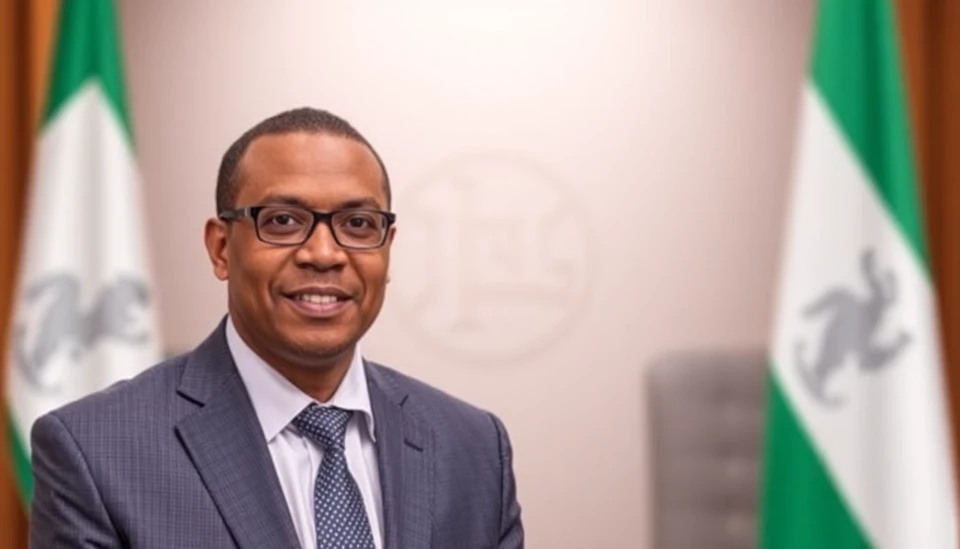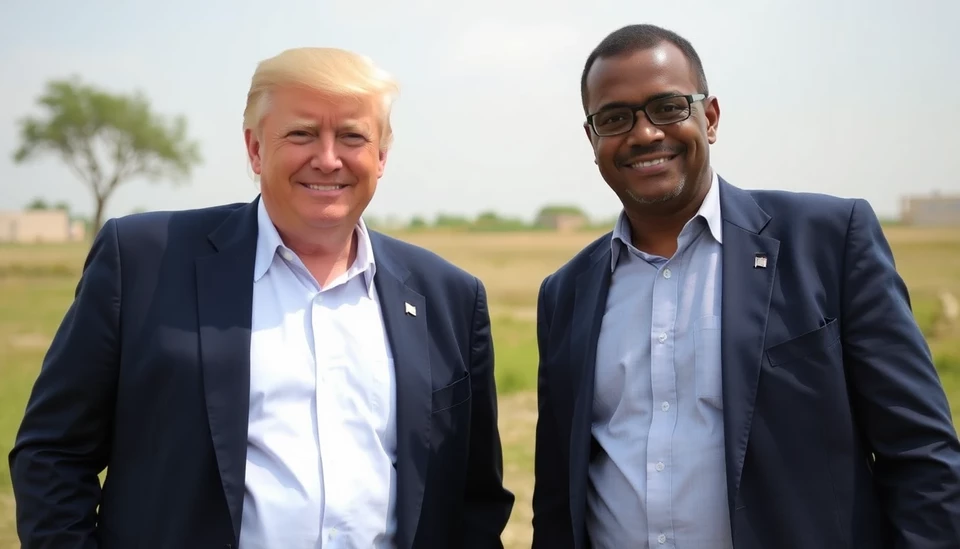
Nigeria's government, under President Bola Ahmed Tinubu, is preparing to unveil one of the nation's most ambitious budgets in its history, banking heavily on oil revenues to support an unprecedented level of spending. The proposed budget for 2024 is set to reach an impressive 28.1 trillion naira (approximately $37 billion), marking a substantial increase from the previous year's budget of 21.9 trillion naira.
The budget aims to stimulate growth in a struggling economy and support critical areas like infrastructure, education, and healthcare. With the country's oil wealth being a central focus, President Tinubu's administration is banking on a rebound in oil production, which plummeted in recent years due to theft, vandalism, and infrastructural challenges. The government is optimistic, projecting oil revenues to soar from 7 trillion naira in 2023 to an expected 11 trillion naira in 2024.
In light of the recent positive trends observed in oil production and pricing, the government hopes to harness this windfall to offset a projected deficit of approximately 8 trillion naira. This ambitious goal reflects not only the administration's confidence in the oil sector but also the pressing need to address Nigeria's myriad challenges, including high inflation and unemployment rates.
Moreover, the budget seeks to address the socio-economic needs of the populace amid rising discontent over living conditions. Critics are skeptical about the viability of such a dependence on oil income, given the history of fluctuations in the global oil market and domestic production issues. Nonetheless, the administration is exploring ways to diversify Nigeria's revenue sources in the long term to reduce its glaring dependency on oil.
Experts have warned that while a robust budget can drive growth, the reliance on oil—an industry susceptible to volatility—could present significant risks. The International Monetary Fund (IMF) has already indicated that Nigeria needs to adopt a more diversified economic structure to foster sustainability and resilience against potential global market shifts.
In defense of this strategy, Tinubu's government has pointed to planned reforms aimed at stabilizing the oil sector, encouraging domestic investment, and improving the business environment. Proponents argue that if successful, the ambitious budget can catalyze transformative projects that bolster Nigeria's economy.
The upcoming budget presentation is eagerly awaited by both analysts and the public, who are keen to assess the administration's fiscal approach in promoting growth and development. The Nigerian people are looking for accountability and tangible outcomes from what appears to be a pivotal moment in the country’s economic landscape.
As the nation stands at a crossroads, the success of this budget will likely determine not only the immediate economic future but also the long-term financial stability of Africa's largest economy.
#Nigeria #Tinubu #Budget2024 #OilRevenue #EconomicGrowth #Finance #Infrastructure #Investment #IMF
Author: Rachel Greene




